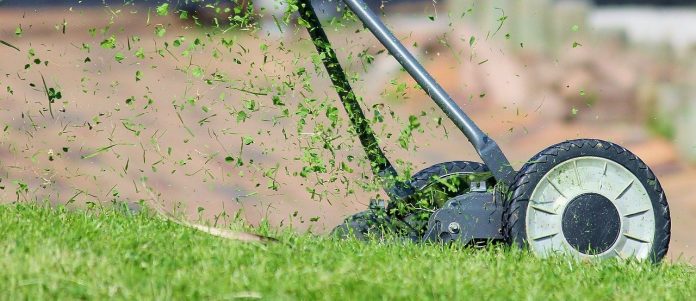Authorities in charge of grass cutting in Biddulph affirmed their commitments to “enhancing wildlife” this week, as a national campaign urged councils to reduce mowing.
Since 2013, the Plantlife charity has lobbied local authorities over the cutting and strimming of roadside verges, arguing that a desire for “neatness” comes at the expense of over 700 species of wildflowers that grow there.
The Chronicle asked Staffordshire County Council and Biddulph Town Council if they were aware of the campaign and whether regimes had been changed in light of it.
The county council is responsible for roadside verges in Staffordshire and James Bailey, its assistant director for highways and the built county, said: “We are very aware of the benefits from increased bio-diversity in our roadside verges.
“A number of years ago, we worked with Staffordshire Wildlife Trust to adapt the grass cutting service in rural areas of the Moorlands, enabling wildflowers to grow.
“We are happy to support local communities who wish to increase the number of wildflower areas in their neighbourhoods, while making sure our roads continue to be safe for all road users.”
Biddulph Town Council is responsible for the mowing of the more formal spaces in the town, such as the burial grounds and the area of planting where Biddulph in Bloom has some of its public art.
Chief officer Sarah Haydon explained: “We have always maintained these areas in the same way, although we would be open to feedback as to whether an alternative approach would be preferred.
“We have made an approach to the county council about taking over their mowing and strimming activity in the town to try and provide a more coordinated approach.
“If this does move ahead, we are keen to maintain these areas in such a way as to enhance wildlife and improve wildlife corridors.
“We continue to support the activity of Biddulph in Bloom and also to develop a tree strategy for the town, to ensure that we are leaving a lasting legacy.”





